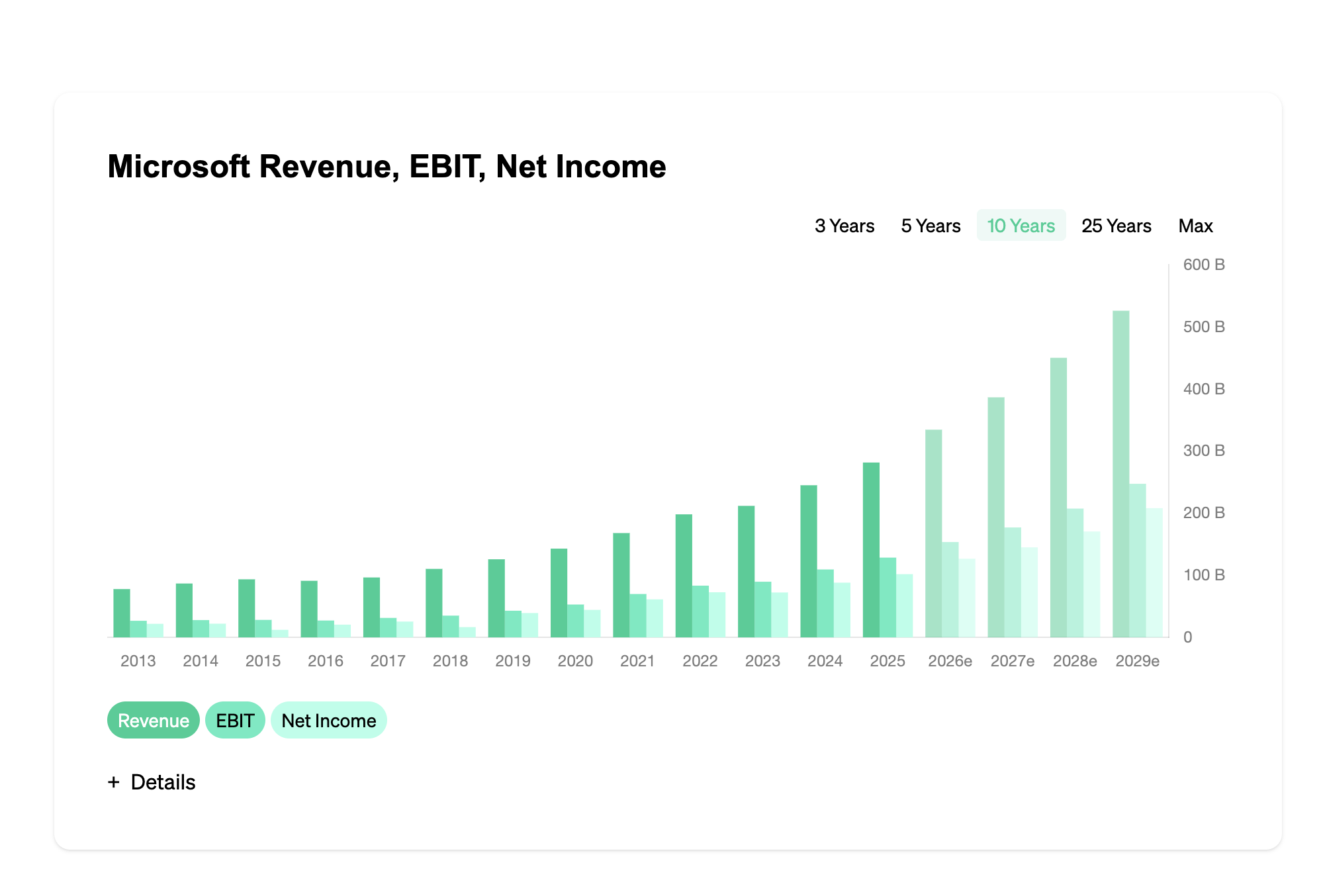Build Own Operate
Definition and Explanation
TL;DR – Brief Definition
Go to FAQs →Build Own Operate: Definition: "Build-Own-Operate" (BOO) describes a business model commonly used in infrastructure development and project financing. It refers to a contractual arrangement where a party, usually a private company or consortium, assumes the responsibility for designing, constructing, owning, and operating a facility or infrastructure asset. This model is prevalent in various sectors, including energy, transportation, telecommunications, and public-private partnerships (PPP). "Build-Own-Operate" projects typically involve a lengthy contractual framework known as a concession agreement, which outlines the rights, obligations, and financial arrangements between the project company and the public entity or grantor. The project company assumes the risk involved in developing and operating the asset, usually financing a significant portion of the project costs through debt and equity. From a financial perspective, the project company may secure funding from various sources, including commercial banks, development banks, institutional investors, and capital markets. The funds acquired are primarily used to finance construction and acquisition costs. The company then generates revenue by operating the asset and charging users (e.g., toll fees for roads, electricity tariffs for power plants) or through a concession fee, as agreed upon in the concession agreement. The "Build-Own-Operate" model offers advantages to both the project company and the grantor. For the project company, it allows them to participate in infrastructure development, providing a steady revenue stream over an extended period. Additionally, the concession agreement guarantees the project company exclusive rights to operate the asset during the concession period. On the other hand, the grantor benefits from "Build-Own-Operate" projects by transferring the risks associated with infrastructure development, operation, and maintenance to the project company. In the case of PPPs, this model allows the government to leverage private sector expertise and resources, avoiding the burden of financing infrastructure projects solely using public funds. Overall, the "Build-Own-Operate" model has proven to be an effective mechanism for infrastructure development and finance. Its flexibility and potential for attracting private investment have made it a popular choice for various capital market participants seeking opportunities in infrastructure projects. With well-structured contractual agreements and sound financial management, "Build-Own-Operate" projects can lead to successful investments, spurring economic growth while fulfilling societal needs. As a leading platform for equity research and finance news, Eulerpool.com provides comprehensive insights into the "Build-Own-Operate" model and its applications in capital markets. With our glossary, investors and market participants can stay informed about this and other terms related to stocks, loans, bonds, money markets, and cryptocurrencies. Stay updated with the latest trends and developments in the industry, supporting your investment decisions with expert knowledge. Visit Eulerpool.com today!
Detailed Definition
Frequently Asked Questions about Build Own Operate
Was bedeutet Build Own Operate?
Definition: "Build-Own-Operate" (BOO) describes a business model commonly used in infrastructure development and project financing. It refers to a contractual arrangement where a party, usually a private company or consortium, assumes the responsibility for designing, constructing, owning, and operating a facility or infrastructure asset.
Wie wird Build Own Operate beim Investieren verwendet?
„Build Own Operate“ hilft dabei, Informationen einzuordnen und Entscheidungen an der Börse besser zu verstehen. Wichtig ist immer der Kontext (Branche, Marktphase, Vergleichswerte).
Woran erkenne ich Build Own Operate in der Praxis?
Achte darauf, wo der Begriff in Unternehmensberichten, Kennzahlen oder Nachrichten auftaucht. In der Regel wird „Build Own Operate“ genutzt, um Entwicklungen zu beschreiben oder Größen vergleichbar zu machen.
Welche typischen Fehler gibt es bei Build Own Operate?
Häufige Fehler sind: falscher Vergleich (Äpfel mit Birnen), isolierte Betrachtung ohne Kontext und das Überinterpretieren einzelner Werte. Nutze „Build Own Operate“ zusammen mit weiteren Kennzahlen/Infos.
Welche Begriffe sind eng verwandt mit Build Own Operate?
Ähnliche Begriffe findest du weiter unten unter „Leserfavoriten“ bzw. verwandten Einträgen. Diese helfen, „Build Own Operate“ besser abzugrenzen und im Gesamtbild zu verstehen.
Preferințele cititorilor în dicționarul bursier Eulerpool
Familienkasse
Die Familienkasse, auch bekannt als das Familienleistungsausgleichssystem, ist eine Organisation, die in Deutschland von der Bundesagentur für Arbeit betrieben wird. Sie hat die Aufgabe, staatliche Leistungen für Familien mit Kindern...
Euro1
Euro1 ist ein europäisches Geldmarktsystem, das dazu dient, den bargeldlosen Zahlungsverkehr in Euro-Währung abzuwickeln. Es bietet eine effiziente Infrastruktur für die Abwicklung von Einzeltransaktionen sowie die Übertragung großer Geldsummen zwischen...
FOB gestaut
FOB gestaut ist eine Abkürzung für den Begriff "Frei an Bord gestaut". Es handelt sich um eine Versandvereinbarung, die im internationalen Handel verwendet wird, um den Zeitpunkt und Ort des...
Auslandseinsatz
Definition: Auslandseinsatz is a German term used in the context of capital markets, often refering to the international deployment or foreign assignment of investments in financial instruments such as stocks,...
Eigenbauarbeiten
"Eigenbauarbeiten" is a crucial term in the realm of capital markets and pertains to a range of activities involving the construction or modification of financial instruments within an investment portfolio....
Verhandlungsgebühr
Verhandlungsgebühr ist ein Begriff, der in den Bereichen der Kapitalmärkte und Finanzinstrumente verwendet wird, insbesondere bei der Handhabung von Wertpapiertransaktionen. Der Ausdruck bezieht sich speziell auf eine Gebühr, die im...
Widerstandsniveau
Das Widerstandsniveau ist ein wichtiger Begriff für Investoren in Kapitalmärkten und bezieht sich auf den Punkt, an dem der Preis eines Wertpapiers aufgrund des Angebotsdrucks nicht weiter steigt. Der Begriff...
Ausschöpfungstheorem
Das Ausschöpfungstheorem ist ein wichtiges Konzept der Finanzmärkte, insbesondere für Investoren in Aktien, Kredite, Anleihen, Geldmärkte und Kryptowährungen. Es ist eine Theorie, die darauf abzielt, das Verhalten der Märkte und...
Immobilienmanager
Ein Immobilienmanager ist eine Person, die für die Verwaltung und Wartung von Immobilien zuständig ist. Immobilien beziehen sich auf jedes Grundstück, Gebäude oder Anlage, die dazu verwendet werden können, Einkommen...
Mehrfachversicherung
"Mehrfachversicherung" ist ein Begriff, der in der Versicherungswirtschaft verwendet wird, insbesondere im Zusammenhang mit der Absicherung von Vermögenswerten oder Risiken in verschiedenen Versicherungsverträgen. Diese Art der Versicherung bietet eine breitere...

